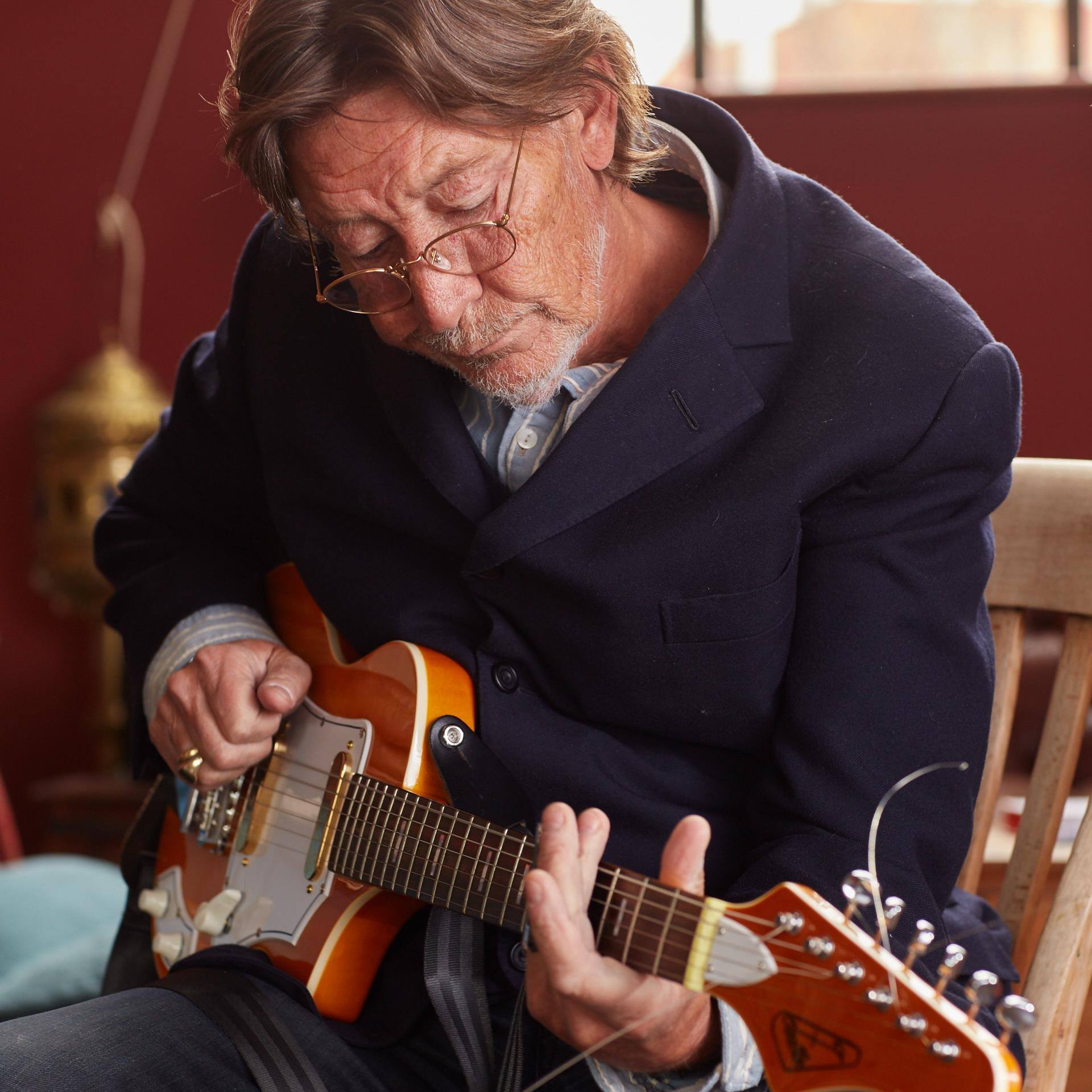Never meet your heroes, goes the saying. And a few of the hundreds of celebrities I’ve interviewed over the years certainly proved the point. David McCallum was the biggest disappointment: my “Man from Uncle” childhood hero really didn’t want to talk to a journalist from a British newspaper he’d probably never heard of. But (thankfully) most of them played ball.
The interviews were normally set up by an agent, keen to promote a forthcoming album or tour, so it really was a win-win. Sometimes they’d be face to face, sometimes on the phone (no Zoom in those days) and the art of asking a question no-one else had asked, and perhaps pick up an exclusive, was one I spent a lifetime honing.
Occasionally you’d be invited backstage to talk before a performance: I well remember driving up to Farnham to interview Joe Brown, and being able to tell him that the first single I bought was “Picture of You”. That got the interview off well! He was keener to talk about his daughter’s success (Sam Brown, who had recently been working with Pink Floyd) than his own – but that’s dads for you.
One of my biggest thrills was meeting Yehudi Menuhin in his Belgravia home. I was led up to this beautiful room by an assistant and was staring out of the window when I heard a patter of feet behind me and this tiny man came up to me and held out a hand responsible for some of the most beautiful violin music ever played. We sat on an antique chaise longue a couple of feet from each other for about an hour, talking mostly about politics.
I met Cliff Richard at his agent’s office just outside London. I know the year – 1999 – for reasons that will soon become clear. I was told I had 20 minutes max, not a lot of time after driving all that way but it was Cliff… and yes, he did seem like Peter Pan! I ended up getting over an hour. Keen to extend the time I got him talking about topics that obviously ticked his boxes: why the radio stations weren’t playing his records anymore and his faith.
Then he talked about his latest record. “People are going to love this when it comes out,” he said confidently. “It’s very well-known words set to the music of a very famous song. I got some friends in to listen to it – and we ended up holding hands and singing it together…” Yes, the Millennium Prayer.
I’ve been a huge fan of Chris Rea for years and so telling him that “Dancing with Strangers” was my favourite album of his came straight from the heart. It was his too, he said. The Joys of Christmas’ is (to me) the best song he ever made and captured perfectly the stark contrast between the snow-dusted romanticised image of Christmas and the reality of Britain in the recession-torn 80s. The bass register in his voice just goes off the scale as he sings:
“I see all the tough guys still not 25
Dying on their feet.
Coughing, honking, cadging cigarettes
And still out on the street…”
For about half an hour we then just talked blues music – he had a new series of albums out, recorded when he thought his life was about to end. He sent me a ticket for a private performance (100 invitees) to launch it and I had the delight of sending my son (himself a professional guitarist) in my place. He’s now a huge Chris Rea fan too.
Nice’s “Five Bridges” was regularly on my turntable in the early 70s, so interviewing Keith Emerson was another big thrill for me. “What was it about the knives in the keyboard?” I asked. “Oh, just a bit of a gimmick,” he confided.
Another keyboardist I really enjoyed interviewing was Rick Wakeman, who was incredibly modest, bearing in mind that he played on many of the biggest singles in the 60s during his session musician days, let alone the “Yes” years. Here’s a snippet from that interview:
The fact that his children have inherited his musician gene is obviously a great source of pride to him, and so too is their very open and eclectic attitude towards music. “I remember when Oliver – who’s 35 now – was much younger and he came along and said he’d found a fantastic record in my collection.” It turned out to be “In the Court of the Crimson King”, the classic 1969 album which did so much to open the doors to progressive rock music as well as open up a whole new era in cover design. “I expressed surprise – it was an old record then. He said: ‘I don’t care how old it is. The thing is, dad, you were born before rock music developed. You saw it happen and put a date on everything. When you listen to Mozart, do you worry about which work came first?’
“He’s right of course. If you were there when the great records and bands were changing music you’re conscious of the music happening. But all his generation worry about is: ‘is it good?’.” It’s a powerful observation: it’s fascinating how music can unite generations today where not that long ago it would divide them.
And that’s probably a good place to stop. There are dozens more interviews, all tucked away in my loft somewhere. More music names like Chris Barber, David Essex, Neil Sedaka and Martha Reeves. Sports heroes like Bobby Charlton, Steve Cram and Geoff Boycott. TV and film stars like Ursula Andress, Honour Blackman, Jenny Agutter and Graham Norton. One day I’ll dust them off perhaps and reminisce some more…


